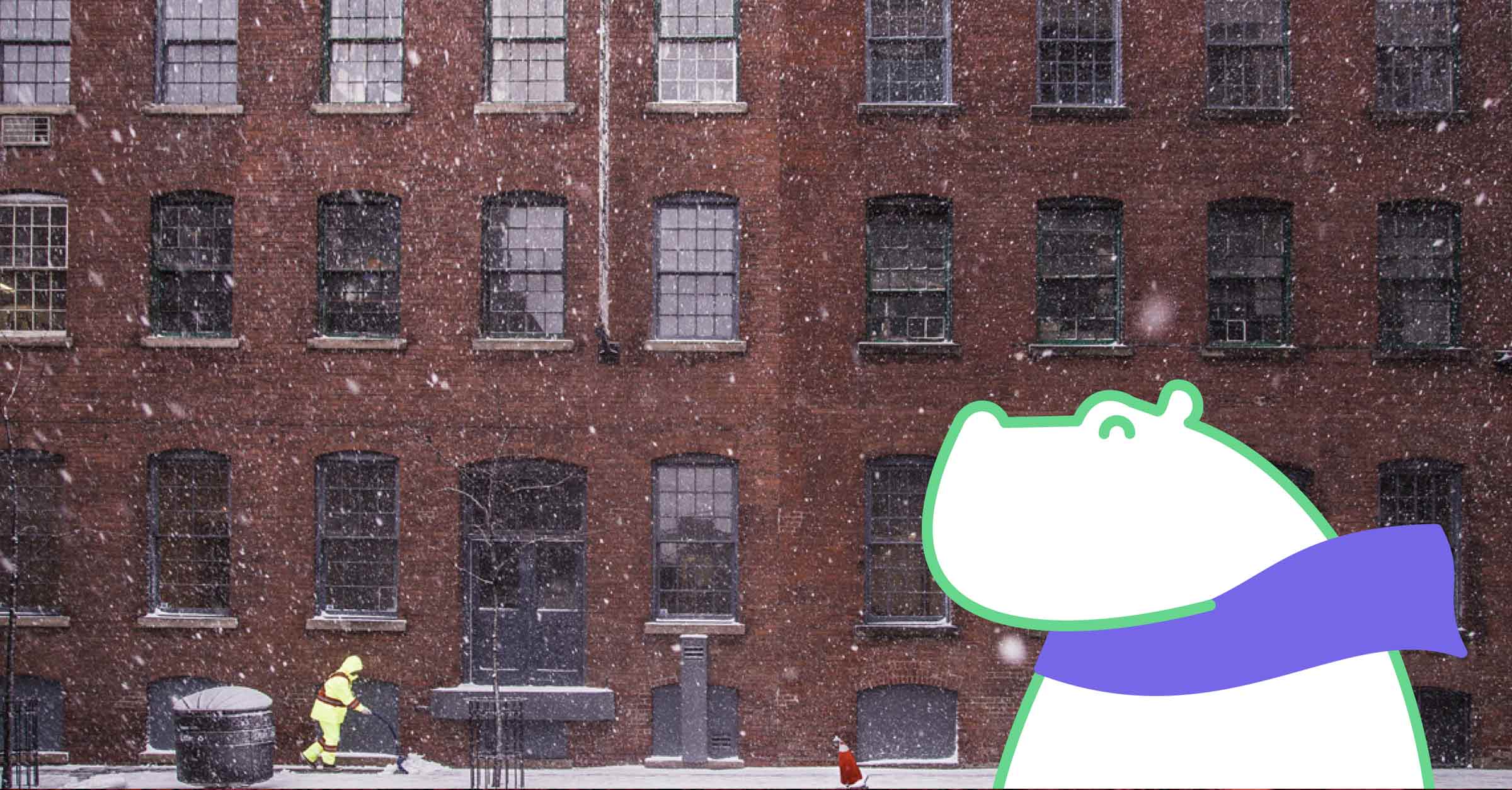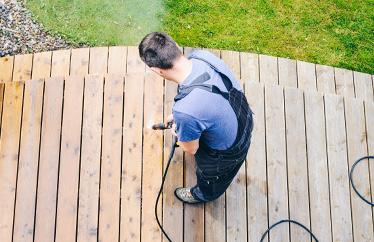Whether you live near the beach or up in the Rockies, snow and high winds can damage your home. If you want to avoid filing an insurance claim before the end of the winter, here are some steps you should take to protect your property.
Protect your roof
Rain, snow and ice can wreak havoc on your rooftop. In freezing temperatures, ice dams can form when heat rises and melts the ice and snow on your roof. Water can drip down, refreeze and create dams that can block drains and ultimately weaken your roof, putting it at risk of collapsing. Chicago residents are all too familiar with this as they have an average of 37 inches of snow annually.
Snow and hail can also drive moisture beneath your shingles. If your roof begins to leak, remove snow and tack a tarp over the damaged area until you can find someone to repair it. You should also consider these preventative measures:
- Insulate your attic: Check parts of your attic that may be lacking insulation like areas around pipes, vents, lighting fixtures and chimneys.
- Make sure your attic is ventilated: This will allow cool air to move through your attic while insulation seals the heat within your home.
- Check the roof flashing: Make sure that it’s in good condition and can prevent water penetration.
- Trim trees and dead branches: This will prevent limbs from falling and crashing through your roof on a windy or stormy day.
Try to prevent frozen pipes
Taking steps to prepare your home for winter can support many aspects of a healthy home through things like winter energy savings and increased protection from home damage. For instance, frozen pipes alone can cause more than $5,000 in water damage, according to the Insurance Institute for Business and Home Safety. But costs can vary widely.
Frozen pipes can cause more than $5,000 in water damage, according to the Insurance Institute for Business and Home Safety. But costs can vary widely.CLICK TO TWEET
When water expands and freezes, it can put a tremendous amount of pressure on plumbing pipes. If there are any cracks, your house could quickly fill with water unless you take these steps:
Find your water shut-off valve: If a pipe bursts, the sooner you shut off the water, the sooner you can mitigate the damage.
- Let faucets drip: This will keep your pipes from freezing. Single-lever faucets should be set in the center so that both hot and cold water can drip.
- Buy heater tape: Wrap heater tape around your pipes or let it run along the length of them. Consider using UL approved heat tape with a built-in thermostat to keep pipes from overheating.
- Invest in a smart water leak and freeze detector: Smart home devices can prevent pipes from leaking and freezing. Hippo offers every customer a free Roost water leak and freeze detector, but there are several other good options on the market.
- Insulate pipes: Wrap pipes in foam rubber and secure the insulation with tape. Make sure the foam stays dry.
- Leave on the heat: Even when you’re not home, you can set your thermostat to a lower temperature to make sure your house doesn’t freeze.
Clear your rain gutters
Keeping your gutters clear throughout the winter is also important. Leaves, pine needles and other debris can clog gutters and prevent water from flowing away from your house. During a heavy rainstorm, water can pool around the foundation of your home. If it seeps through any cracks, it can cause flooding.
In addition to cleaning your gutters and downspouts, you should repair any holes you find. Leaks can potentially damage the siding and structure of your home.
Inspect your furnace
Make sure your furnace is in good condition before the days get shorter and the cold starts to bite. That way, you won’t have to wait for someone to come and fix it in the middle of a bad snowstorm.
Furnace repairs cost nearly $300, on average. Dust, ignition failure and oil burner problems are all signs that your furnace may need to be inspected.
Inspect Your Chimney
Taking a look at your chimney is another task you’ll want to complete before the cold weather arrives. Make sure there is nothing clogging the flue. Remove soot and debris to prevent fires and prolong the life of your chimney.
Have a professional inspect the following parts of your chimney and look for cracks, loose bricks and missing mortar joints: the smoke chamber, flue liner, damper, firebox and chimney cap (if one is in place). Repairs should be done immediately.
The National Fire Prevention Association recommends getting your chimney inspected once a year and swept if necessary. These cleanings can remove creosote that can build up over time when you burn wood. Creosote is highly flammable and can cause chimney fires.
Need help with winter home maintenance this upcoming season? Speak with a Hippo specialist today.




